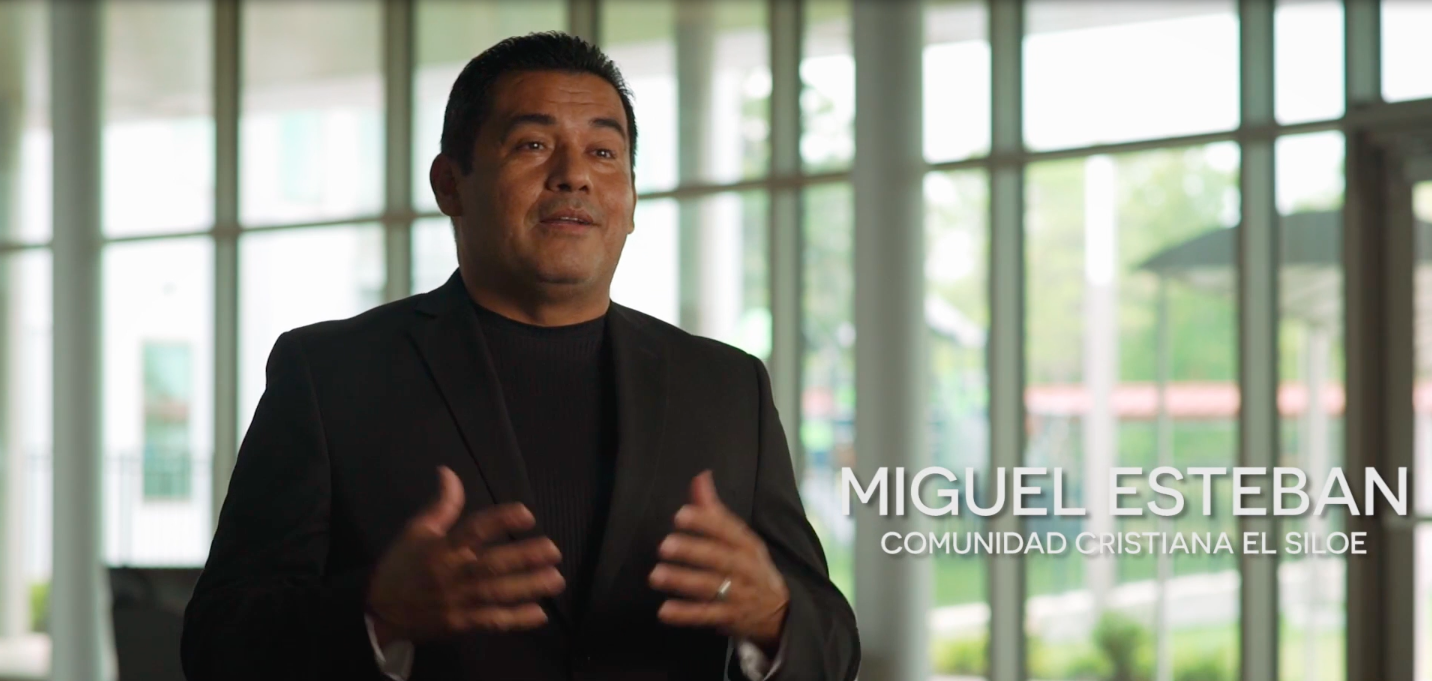Two Lost Aspects of Discipleship
When I first moved to the Raleigh area, I stumbled across a little Chinese restaurant near my apartment complex. One afternoon, I walked in to order some General Tso’s. The restaurant was empty, except for the two owners cooking in the back and two little children playing in the floor. One was a little boy, about 2 years old, and the other a little girl, about 5 or 6 years old. They had coloring books and a few toys laying around them. Obviously, the two children belonged to the owners. No need for a babysitter if you bring your children to work with you. During my time living in that apartment, I would periodically stop in for my Tso’s and would always see the little children playing in the corner. A couple of semesters later, I moved out of that apartment.
Fast forward five years. I had recently gotten married and my wife and I just moved back into that same neighborhood. One night, we were hungry and decided to give that Chinese restaurant a try. We ordered online (a recent addition) and went to pick it up. Behind the counter stood a girl no more than 12 years old. She had a phone tucked under her ear and was writing down orders. She motioned us up to the counter and attempted to take our order. After hearing we placed an online order, she quickly ran back to the two owners and asked her mother for the takeout order, rushed up to the counter, and rang us up in the cash register. I paid with a credit card, and she busily typed in all the codes on her credit card machine and printed a receipt for me to sign.
However, the paper receipt was stuck and she could not tear it. This was the very first sign of her struggling at all. Without missing a beat, her mother walked over to her, took the paper from her hand, and motioned as if to say, “Like this.” The girl immediately did as she observed and we had our receipt. She thanked us for coming and sent us on our way.
It is not everyday you get served by a 12 year old, and she is absolutely competent at the task. In fact, she is better at it than many adults I come across in the restaurant industry. Her level of professionalism, customer service, and efficiency at work were top notch. She was easily running the front end of a restaurant, a task that we would rarely leave a high school graduate to do. Now, put aside your concerns about child work laws for a second and learn something with me from this family, because this is a living lesson in discipleship.
Observation and Imitation
Of course, you realize the girl behind the counter was the same girl playing in the floor of that restaurant five years ago. She had grown up watching her parents run their business from the floor until she was old enough to help. The child had learned through observation and imitation. Over a period of time, she watched her parents handle the hundreds of scenarios that happen in the restaurant. Eventually, she knew how to handle them too, and she would imitate the actions she witnessed. When she came across a new situation, like tearing the receipt, her mother would do the action so the young girl could imitate it and learn. People learn well through observation and imitation.
In fact, much of the non-Western world regularly employs this teaching method in non-institutional ways. It is how farmers learn to farm, blacksmiths learn to make tools, mechanics learn to fix cars, and chiefs learn to lead a village. In our past, Westerners learned this way too. We called it an apprenticeship. It was real, on-the-job training. No classroom. No textbooks. No lectures. And yet, somehow artists knew how to paint and business owners knew how to keep books and make a profit.
“We don’t need more content. We need a vital connection where Christians observe the doing of ministry and imitate the actions of ministry.”
Addicted to Content
Today, however, Western education is intoxicated by content. Our approach to education is institutionalized and centers around lectures, books, propositions, and theories. We think knowing more facts means being better in a given field. And with our phones spewing content at us all day, we become increasingly drunk on the idea.
This love of content-based learning is a cultural norm for us in North America, and it bleeds into the church. So many of our church structures stand on the back of an educational model that takes place in a classroom. We have Sunday School classes, and small group discussions, and book studies, and all kinds of teaching moments geared around content.
However, reading more books does not necessarily make you a better Christian. Learning about discipleship is not the same as being discipled. This is a hard-learned lesson for many who graduate seminary and begin to pastor. Seminary graduates often know the answers to a great many theological questions, and yet have no idea how to minister to real people. It is one thing to know what propitiation means and another to comfort a young mother grieving a miscarriage or to perform a funeral. It is one thing to know that you should share the gospel, but it is another thing to actually do it.
Clearly, I am not saying that classes are bad, or that seminary is a waste. As a pastor, I use classes, and I work at a seminary. I am saying that these are insufficient tools when used alone. What is needed is a vital connection where Christians observe the doing of ministry and imitate the actions of ministry.
A Challenge to Apprentice
So, here is a challenge to you. Start thinking of discipleship as an action to be observed and imitated instead of a topic to be discussed. I have said it before, but discipleship is being on mission and taking others with you.
Pastors, do you have young men in your church called to missions and ministry who walk alongside of you as you run church errands and counsel members? When was the last time you shared the gospel with someone in front of a church member? Have you ever modeled ministry and asked someone to imitate?
Parents, do you raise your children this way? Too often, we overlook the power of observation and imitation in parenting. Yet, everyone has seen parents embarrassed as their children parroted a comment they made at home. Imagine the influence of observing parents who regularly proclaim the gospel to others.
Finally, every Christian should be living in a manner worthy of the gospel and calling others in their circle of influence to imitate them as they imitate Christ. Do more than a book study with that person you seek to disciple; show them how ministry is done.
“Start thinking of discipleship as an action to be observed and imitated instead of a topic to be discussed.”
Keelan Cook is the Associate Director of the Center for Great Commission Studies at Southeastern Baptist Theological Seminary and former Associate Director of UBA. His primary areas of ministry focus include urban missiology, church planting, church revitalization, and unreached people groups.










